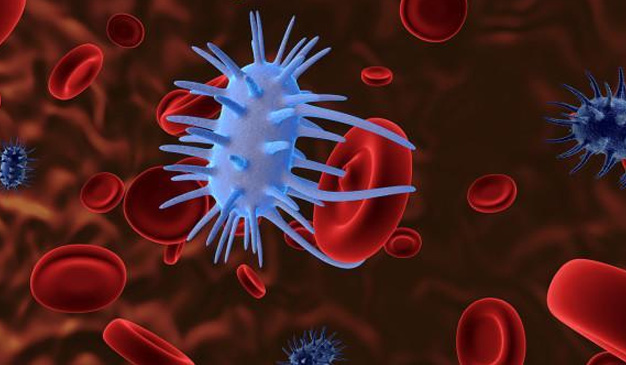
September 11, 2023
First of all, getting the HPV vaccine is one of the effective measures to prevent cervical cancer. Vaccines provide protection against certain types of HPV infection, including high-risk HPV, one of the main causes of cervical cancer. The HPV vaccine is usually given to younger women (usually between the ages of 14 and 26) because the vaccine is most effective when given during this period.

Secondly, regular cervical cytology tests (also called "cervical smears") are also an important step in preventing cervical cancer. This examination collects cervical cell samples and uses a microscope to observe abnormal changes in the cells to detect cervical precancerous lesions. This test can detect potential cancer or precancerous lesions early, allowing timely further treatment, such as surgery or radiotherapy.
In addition, maintaining good living habits is also crucial to preventing cervical cancer. Smoking cessation is an important aspect of this, as there is a clear correlation between smoking and the incidence of cervical cancer. Smoking damages the normal function of cervical epithelial cells and increases the risk of cervical cancer. In terms of diet, experts recommend increasing the intake of fruits and vegetables rich in vitamins and antioxidants, such as tomatoes, carrots, spinach, etc. These foods can help improve immunity and reduce the occurrence of cancer cells.
Finally, good personal hygiene can also reduce the risk of cervical cancer. Bathing regularly and using mild body wash and detergent can reduce the chance of getting HPV infection. In addition, using condoms or other reliable contraceptive measures during sexual intercourse is also an important way to avoid HPV infection.
In short, the prevention of cervical cancer is an important issue in women's health. Women can reduce their risk of cervical cancer by getting vaccinated, getting regular checkups, maintaining a healthy lifestyle, and practicing good personal hygiene. Experts’ research and practice show that only through comprehensive preventive measures can we better protect ourselves from the threat of cervical cancer. Therefore, we should actively cooperate with doctors and experts to increase awareness of cervical cancer prevention and integrate these methods into our daily lives.